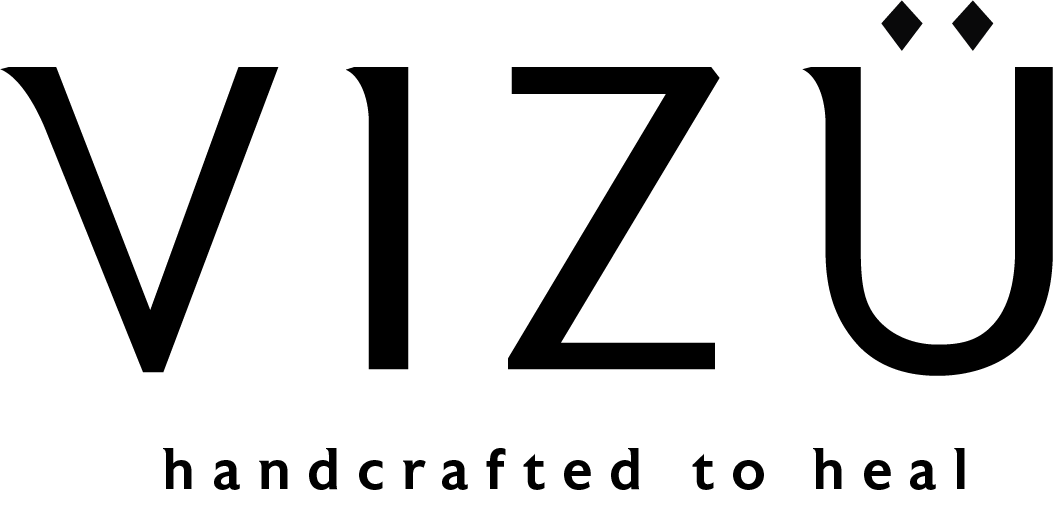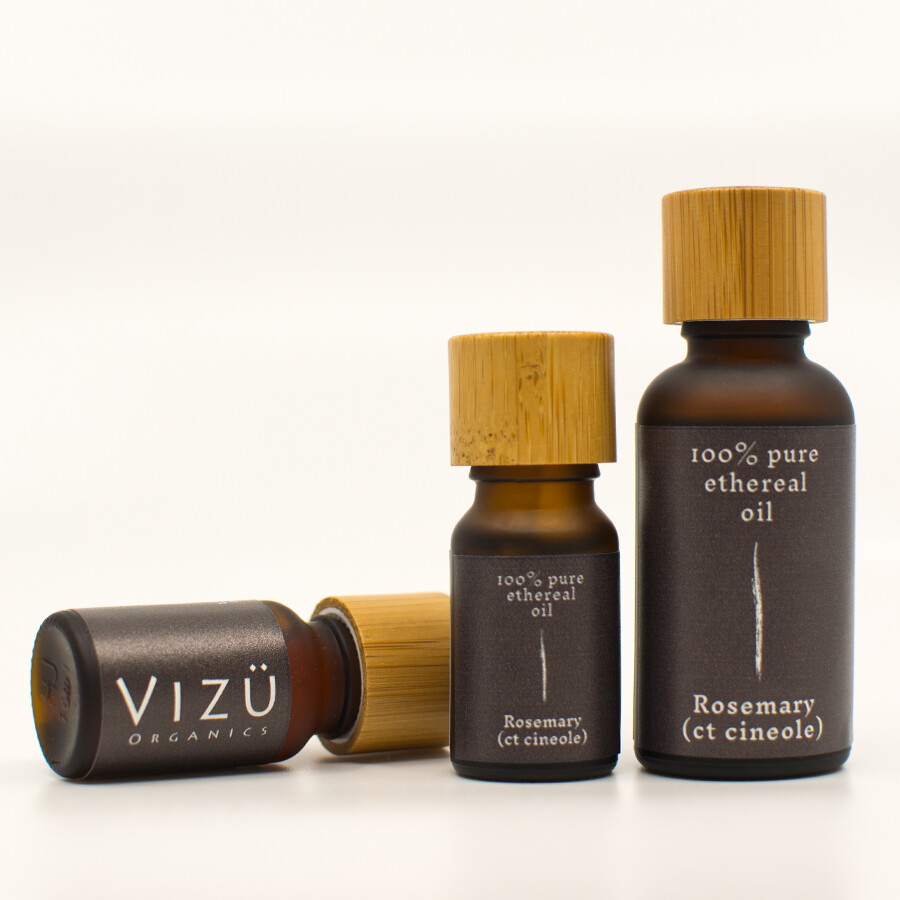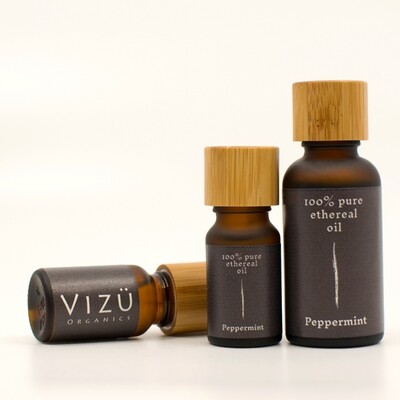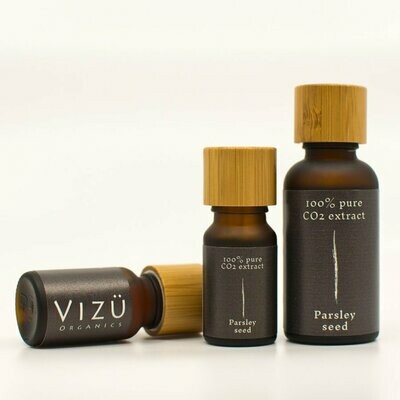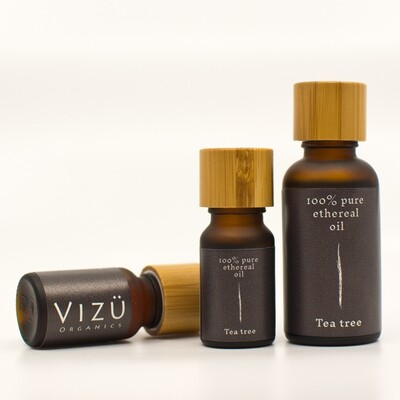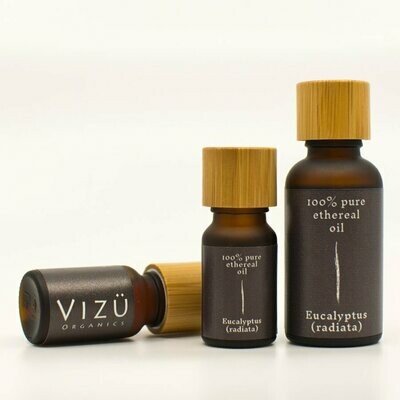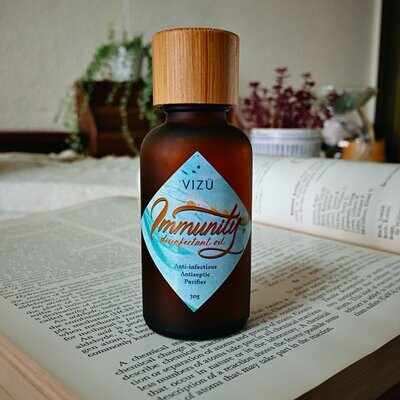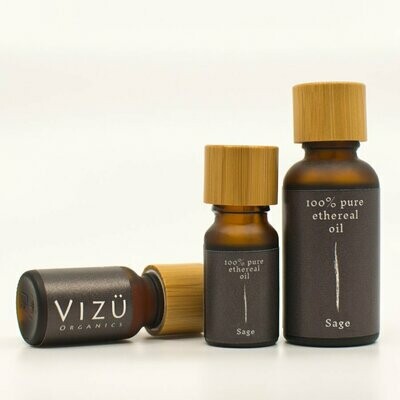Rosemary ethereal oil
Botanical name: Rosmarinus officinalis ct. cineole
The Northumbria University have conducted a research to evaluate that the exposure to rosemary EO had higher blood levels of a compound called 1,8-cineol, a brain-functioning boosting component, which resulted in the subjects to perform faster and more accurately during the experiments. Also, the inhalation of the aroma of Rosemary essential oil has been shown to enhance cognition in humans.
Rosemary EO improves digestion and is especially useful for expelling excess mucous in the respiratory system. It’s stimulating action on hair follicles and circulation in the scalp is also useful for encouraging hair growth, and may be effective in dissolving hair plugs in the scalp, which is a condition associated with hair loss. Researchers have studied that Rosemary has antioxidant potential to protect tissues and cells against various oxidative stresses.
Herbal Folk Tradition
One of the earliest plants to be used for food, medicine and magic. This herb is being regarded as sacred in many civilizations. The ancient Greeks and Romans used it as a symbol of regeneration and the sprigs of rosemary were burnt at their shrines.
During the Middle Ages, fumigations were employed to drive away evil spirits, and rosemary was also used as a protection against plague and infectious disease.
The Arabs greatly value rosemary. They used the powdered herb as an astringent and antiseptic treatment. The Spanish considered a combination of salt and pounded rosemary to be the finest of all wound assistant. Former days gypsies also value their concoction of flowering rosemary sprigs water as a cure-all and a beautifier for women.
